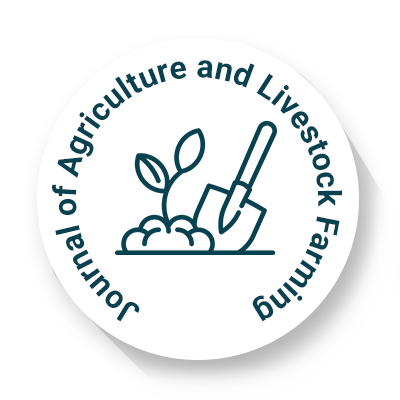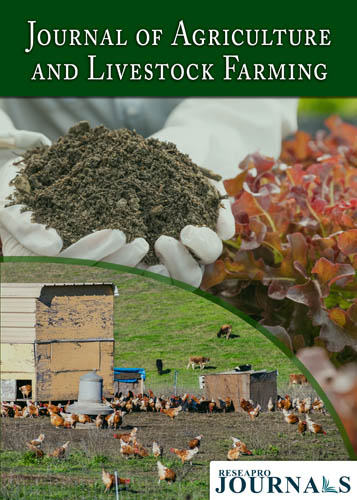
Journal of Agriculture and Livestock Farming
OPEN ACCESS

OPEN ACCESS

1 Department of Biotechnology, MITS School of Biotechnology, Odisha, India
2 Department of English, Utkal University, Odisha, India
CRISPR-Cas9 technology has transformed genetic research by enabling precise and efficient gene editing, extending its applications beyond crop improvement in agriculture. Recent research explores CRISPR-Cas9’s potential in soil microbiome engineering, pest control, disease resistance, and livestock feed improvement, each offering unique contributions to agricultural sustainability and productivity. Additionally, the technology promises to reduce dependency on chemical inputs like fertilizers and pesticides and minimize greenhouse gas emissions from livestock through enhanced feed efficiency. By editing microbial communities in soil, CRISPR-Cas9 can also support healthier crop growth by fostering beneficial nutrient cycles. However, practical, ethical, and regulatory challenges continue to limit widespread application, with concerns about off-target effects, ecological impacts, and public acceptance needing careful attention. This review synthesizes current knowledge on these emerging applications, explores specific benefits and challenges, and discusses regulatory considerations, providing a comprehensive overview of CRISPR-Cas9’s expanding role in sustainable agricultural practices. Addressing these challenges through further research and policy innovation is essential to fully harness CRISPR-Cas9’s potential in advancing global food security and environmental sustainability.
Received 15 November 2024;Revised 06 December 2024;Accepted 20 December 2024
1 Department of Biotechnology, MITS School of Biotechnology, Odisha, India
2 Department of English, Utkal University, Odisha, India